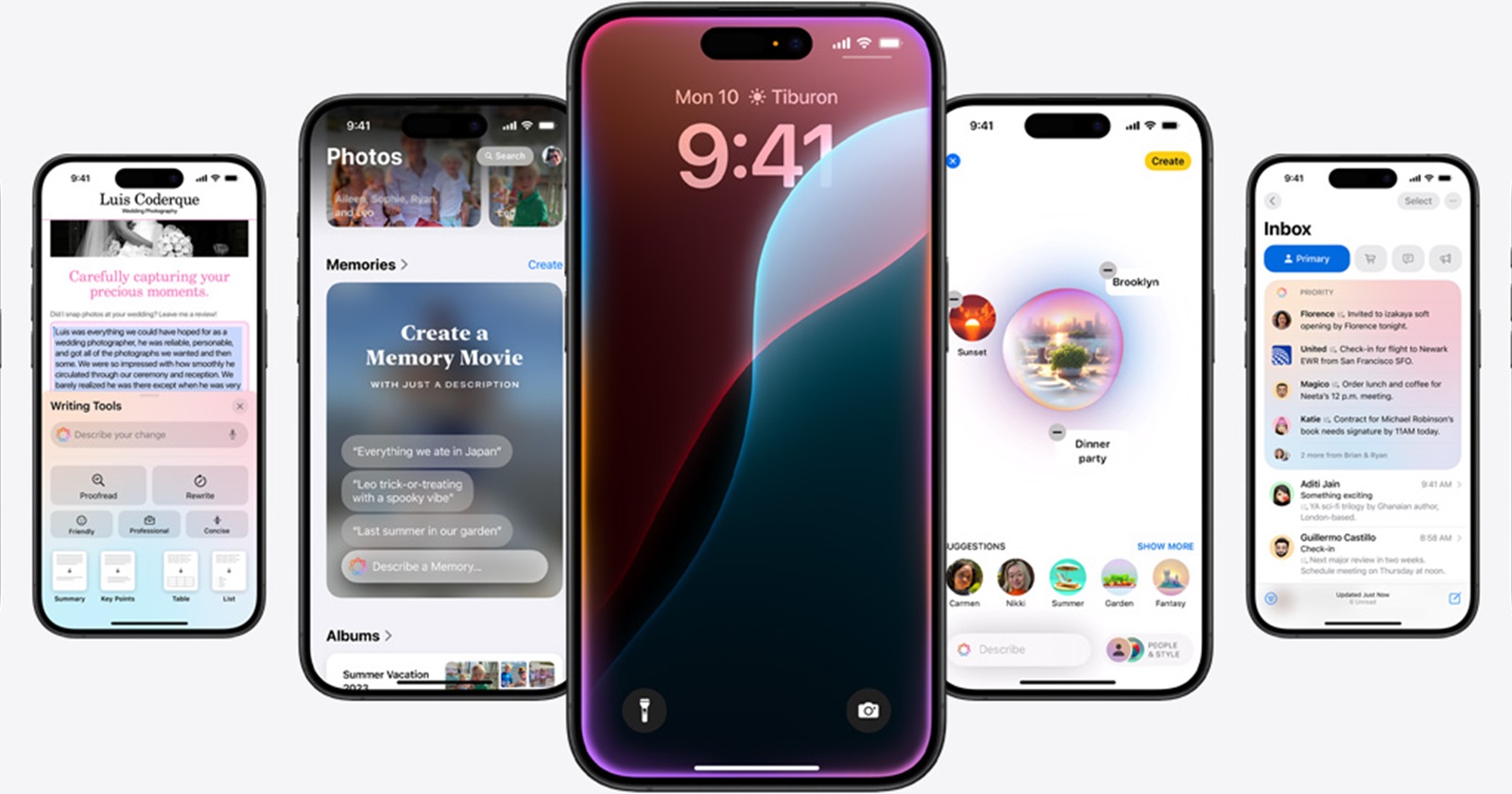The Apple Intelligence rollout is inching closer, with iOS 18.1 expected to hit iPhones on October 28. If you’re holding an iPhone 16 — or an iPhone 15 Pro — you’re just weeks away from exploring the first wave of Apple’s AI-driven features. But before you get too excited about the future of artificial intelligence in your pocket, some experts are tempering expectations.
When iOS 18.1 launches, users can expect to see six key AI-powered updates: enhanced Siri, writing tools, smarter notifications, photo memory generation, photo cleanup, and a mysterious “notification breakthrough” feature. While these are fun and practical, the early buzz suggests they may not be the AI revolution many were hoping for.
Take Siri, for example. Though you might notice a slick new visual interface and a more forgiving attitude toward garbled queries (no more rehearsing questions in your head before speaking), that’s about as far as Siri’s AI overhaul goes for now. It won’t be replacing web searches with cutting-edge insights just yet.
On the photography side, the AI-powered “Memory Creation” feature aims to deliver custom-generated memories by analyzing your photo collection, but some early users report it’s still a bit hit-or-miss. The photo cleanup tool, on the other hand, seems to offer a more promising start, albeit with its own quirks. Whether you’re trying to edit out pesky tourists from a shot or erase unwanted objects from your vacation snaps, the tool works fairly well for a consumer-grade feature — just don’t expect it to rival Photoshop anytime soon.
But while the upcoming update offers some cool tricks, serious AI on iPhones may not make its grand entrance for another few years. Edison Lee, a Jefferies analyst, suggests that true AI capabilities will remain out of reach until 2026 or 2027. According to Lee, hardware advancements — particularly improvements in high-speed memory and chip packaging — are key to unlocking the full potential of AI on mobile devices. “We like Apple Intelligence long term, as Apple is the only hardware-software integrated player that can leverage proprietary data to offer low-cost, personalized AI services,” Lee said. Right now, even though Apple is ahead of the game with its integrated hardware and software ecosystem, the tech simply isn’t ready to handle the kind of sophisticated AI performance users might expect. “Smartphone hardware needs rework before being capable of serious AI, likely by 2026/27,” he added.
Despite this, Apple Intelligence is still expected to grow in appeal over time, especially with next year’s rumored iPhone 17 Air — a thinner, sleeker model that could steal the show even before AI gets serious. For now, though, AI isn’t driving a wave of iPhone 16 upgrades. Sales are on par with last year’s numbers, suggesting that, while the new AI features are exciting, they aren’t yet enough to spark a buying frenzy.
So while Apple fans can look forward to playing with some fun new AI features in just a few weeks, don’t expect to see your iPhone fully embrace AI-powered smarts until we’re well into the second half of the decade. Until then, Apple seems content to roll out its AI features slowly, giving users a taste of what’s to come without rushing into the future too quickly. After all, Rome wasn’t built in a day — and neither is the next generation of intelligent tech.
TechIssuesToday primarily focuses on publishing 'breaking' or 'exclusive' tech news. This means, we are usually the first news website on the whole Internet to highlight the topics we cover daily. So far, our stories have been picked up by many mainstream technology publications like The Verge, Macrumors, Forbes, etc. To know more, head here.


